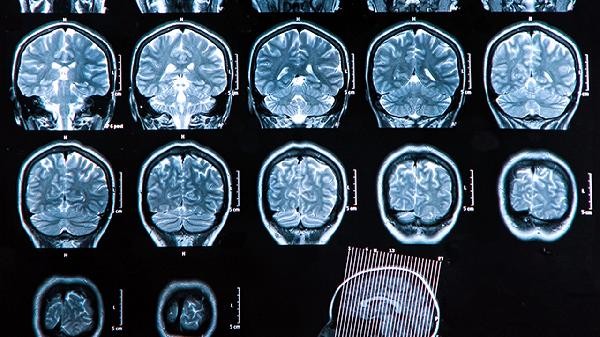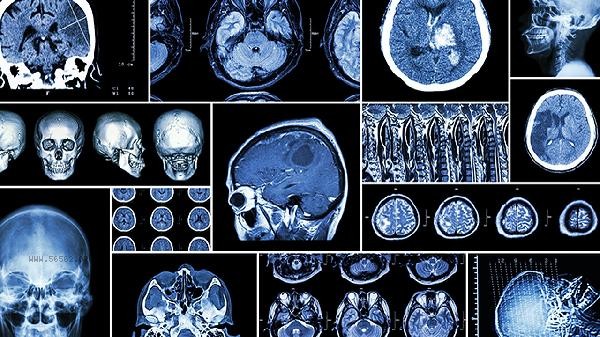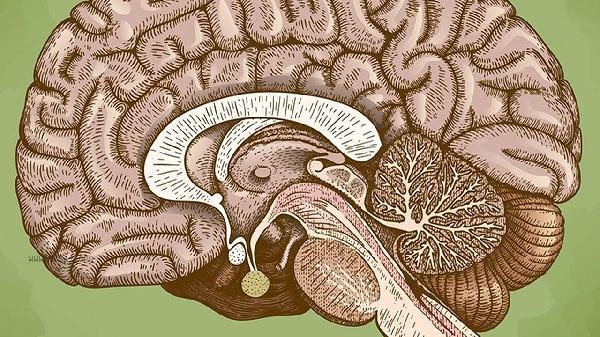Sudden transient amnesia in the brain may be related to factors such as emotional stress, sleep deprivation, hypoglycemia, transient ischemic attacks, and traumatic brain injury. It can be alleviated through psychological regulation, improving sleep, supplementing nutrition, medication treatment, rehabilitation training, and other methods.

1. Emotional stress
Long term exposure to high pressure can inhibit hippocampal function, leading to short-term memory coding disorders. The typical manifestation is forgetting the recent conversation content or the storage location of items, usually accompanied by anxiety and lack of attention. It is recommended to lower cortisol levels through mindfulness meditation or deep breathing exercises, and seek psychological counseling if necessary.
2. Lack of Sleep
The deep sleep stage is a critical period for memory consolidation, and long-term sleep deprivation can affect the coordinated work of the temporal lobe and prefrontal cortex. The common feature is difficulty recalling in the morning or confusion in dream memory. Maintain a regular sleep routine and create a dark and quiet sleeping environment. If necessary, melatonin can be used to regulate the sleep cycle.
3. Hypoglycemia
Sudden confusion and memory interruption will occur when the cerebral glucose supply is insufficient, which is mostly seen in patients with diabetes or extreme dieters. Premature symptoms such as cold sweat and hand tremors may occur during an attack. Carry sugary snacks with you and check your blood sugar levels in a timely manner. Daily diet should ensure carbohydrate intake.

4. Transient cerebral ischemia
Subthrombi in the carotid or vertebral basilar artery system may lead to sudden fragmented forgetting, typically lasting from minutes to hours. May be accompanied by vague language or unilateral physical weakness. Immediate head CT or vascular imaging examination is required, and aspirin and clopidogrel are commonly used preventive drugs.
5. Traumatic brain injury
may result in retrograde amnesia after frontal or temporal lobe contusion, leading to blurred memory of events prior to injury. Severe cases may be accompanied by persistent headaches and nausea. During the acute phase, it is necessary to rest in bed and monitor intracranial pressure. In the later stage, cognitive training such as memory palace can be used to promote neural function remodeling.

A balanced diet should be maintained in daily life, supplemented with foods such as deep-sea fish rich in omega-3 fatty acids and blueberries with antioxidant properties. Engage in aerobic exercise three times a week to promote blood circulation in the brain and avoid prolonged use of electronic devices with the head down. If memory loss occurs frequently or is accompanied by other neurological symptoms, timely EEG and MRI examinations should be performed. Establishing regular memory training habits, such as learning a new language or playing an instrument, can help enhance the cognitive reserve of the brain.








Comments (0)
Leave a Comment
No comments yet
Be the first to share your thoughts!